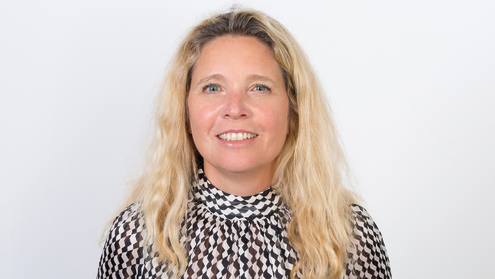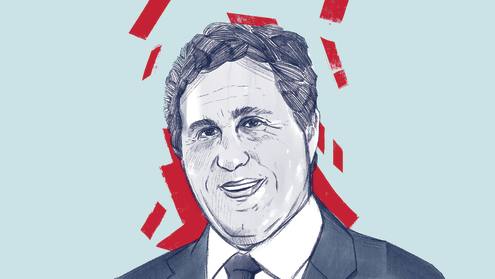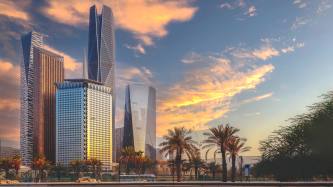Protests in Iran over new fuel pricing measures introduced in November 2019 quickly evolved into violent confrontations between the regime and Iranian protesters. According to some observers, the unrest reached levels not witnessed since the Islamic Revolution in 1979. Officials from US president Donald Trump’s administration viewed these protests as evidence that the 'maximum pressure' campaign against Iran is weakening the regime. The US strategy to inflict a heavy economic and political toll on the Iran through a coordinated sanctions policy is unlikely to change during the early months of 2020.
Although US sanctions on Iran have exacerbated the country’s deteriorating economic situation, the precise objective of the sanctions policy remains unclear. Iran’s decision to resume uranium enrichment at its underground Fordow nuclear plant further obscures a pathway out of the crisis between the two countries. With Mr Trump potentially remaining in office until 2024, the prospects for a durable agreement between the US and Iran appear remote.












